Google Pixel 8 vs. Pixel 8 Pro: Which phone is best for you?
Should you buy a Pixel 8, or pay up for the Pixel 8 Pro's exclusive features?
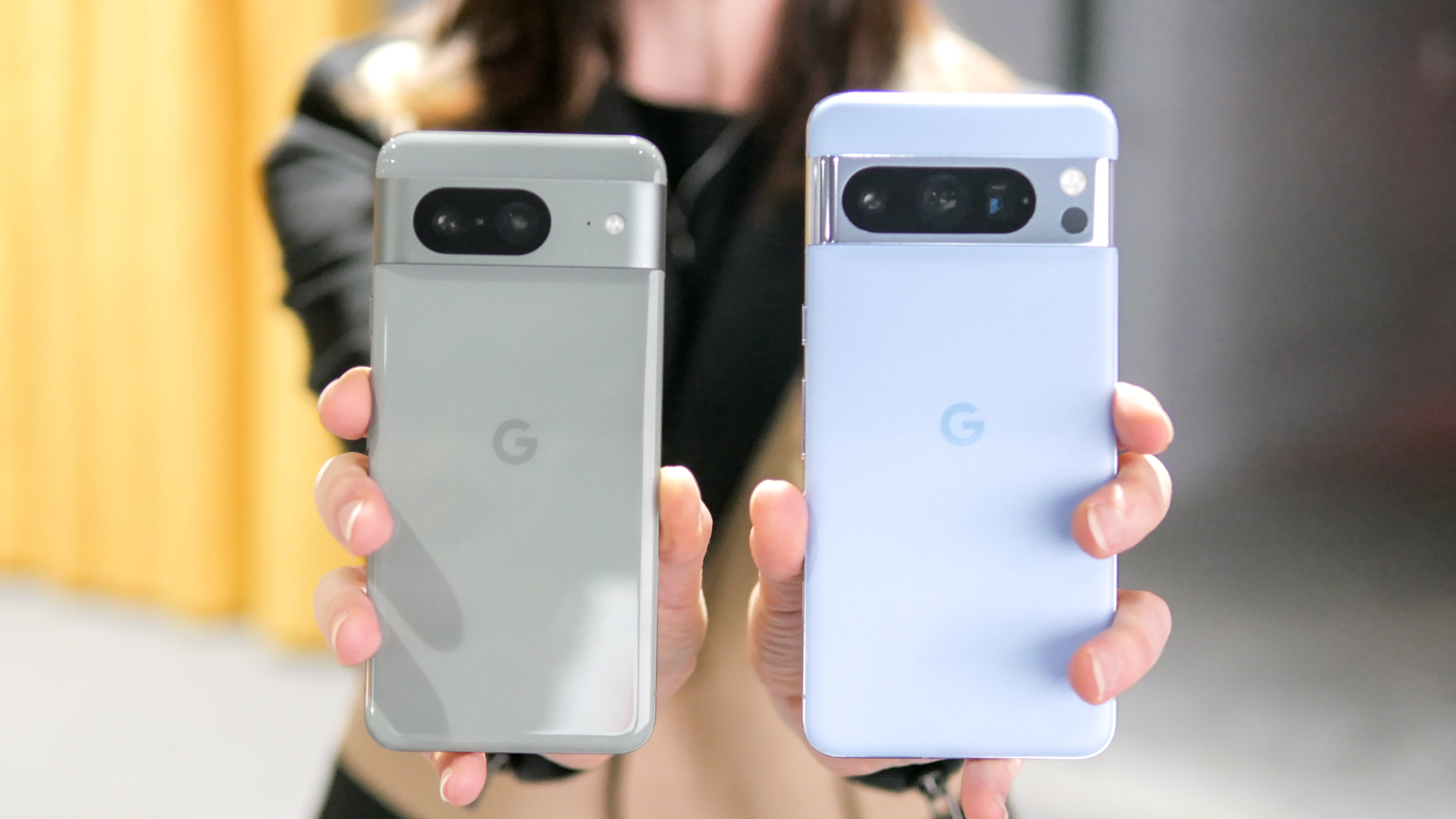
Despite being last year's models, the Google Pixel 8 and Pixel 8 Pro both still offer plenty of value, but there's also several key differences between these two Android phones. This Pixel 8 vs Pixel 8 Pro comparison will break it all down and help you decide which device is right for you based on our testing.
Google's Pixel 8 offers plenty of premium features, such as a brighter and smoother 120Hz display and additional camera modes. But the Pixel 8 Pro, in return for a little extra money, offers a larger screen, a telephoto camera and other special features that help it earn its pro name.
Our Pixel 8 review and Pixel 8 Pro review have all the details on how they perform, but stay here to learn what sets these two phones apart.
Google Pixel 8 vs. Pixel 8 Pro: Specs
| Google Pixel 8 | Google Pixel 8 Pro | |
| Price | $699 | $999 |
| Screen size | 6.2-inch OLED (2400x1080) | 6.7-inch LTPO OLED (2992x1344) |
| Refresh rate | 60Hz - 120Hz | 1Hz -120Hz |
| OS | Android 14 | Android 14 |
| Processor | Tensor G3 | Tensor G3 |
| RAM | 8GB | 12GB |
| Storage | 128GB, 256GB | 128GB, 256GB, 512GB, 1TB |
| Rear cameras | 50MP main (f/1.68) with 8x Super Res Zoom, 12MP ultrawide (f/2.2) | 50MP main (f/1.68), 48MP ultrawide (f/1.95), 48MP telephoto (f/2.8) with 5x optical zoom |
| Front camera | 10.5MP (f//2.2) | 10.5MP (f//2.2) |
| Video | 4K up to 60 fps | 4K up to 60 fps |
| Battery | 4,575 mAh | 5,050 mAh |
| Charging | 27W | 30W |
| Dimensions | 5.9 x 2.8 x 0.4 inches / 150.5 x 70.8 x 8.9mm | 6.4 x 3 x 0.3 inches / 162.6 x 76.5 x 8.8mm |
| Weight | 6.6 ounces / 187 grams | 7.5 ounces / 213 grams |
| Colors | Obsidian, Hazel, Rose | Obsidian, Porcelain, Bay |
Google Pixel 8 vs. Pixel 8 Pro: Price and availability
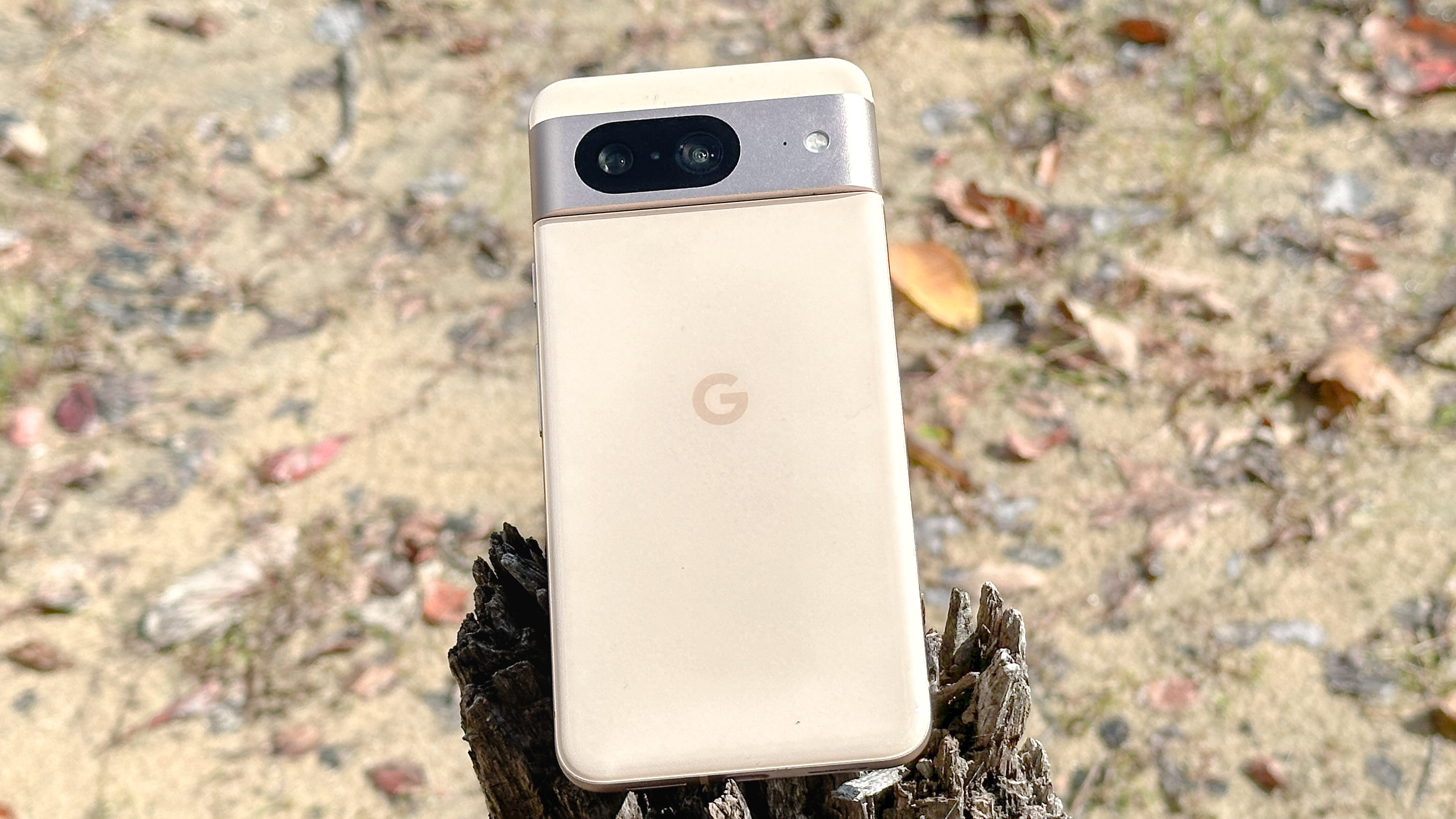
Both the Pixel 8 and Pixel 8 Pro went on sale starting on October 12, 2023.
Unfortunately, pricing my be a point of contention for long time Pixel owners, thanks to the price hike. Both phones' starting prices are $100 more than the Pixel 7 series, meaning you're spending at least $699 for the Pixel 8 and $999 for the Pixel 8 Pro. The $300 gap between both phones is pretty standard, but nobody likes it when prices increase.
Still, the prices are still less than what you'd pay for some of Google's biggest rivals, including Samsung and Apple. The Pixel 8 is available in 128GB and 256GB configurations, while the Pixel 8 Pro is available in 128GB, 256GB, 512GB and 1TB.
Google Pixel 8 vs. Pixel 8 Pro: Design
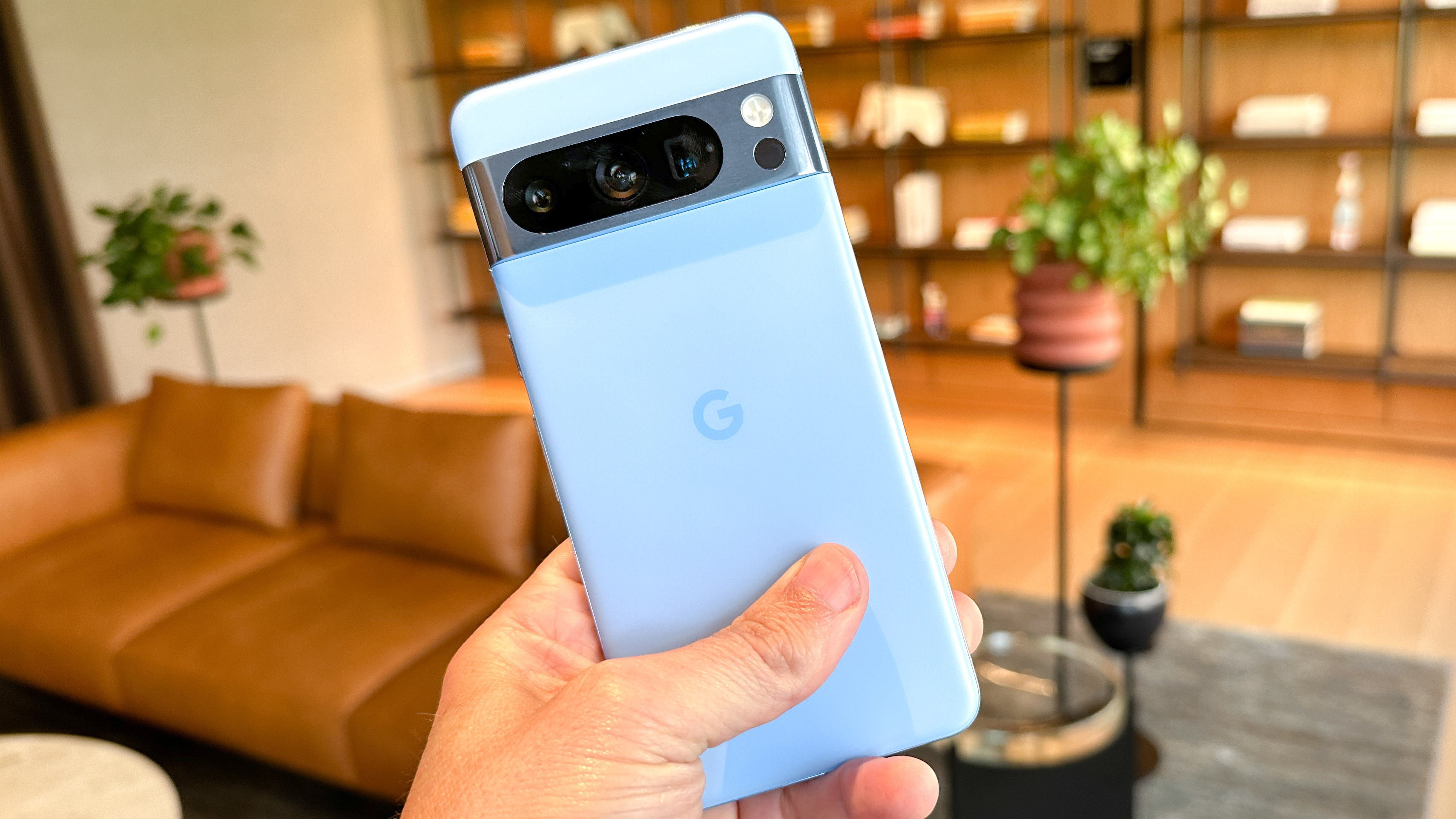
Rounded edges, glass surfaces, and metal trims seem to be the fundamental traits of the Pixel 8 and Pixel 8 Pro. The only obvious visual difference from the front is the Pixel 8 Pro is larger offering a 6.7-inch display to the Pixel 8's 6.2 inches. The Pro's heavier too, by almost an ounce.
Get instant access to breaking news, the hottest reviews, great deals and helpful tips.
The other major difference with their designs relates to the camera arrangement on the back of both phones. The Pixel 8 Pro fashions a triple camera system, while the Pixel 8 is limited to a dual camera one.
Additionally, there’s an extra sensor below the LED flash on the Pixel 8 Pro. This is a temperature sensor that can be used to judge how hot an object you put in front of it is, with Google applying for FDA approval for measuring human temperatures.
The Pro model also comes with a matte glass back, which looks incredible and should make the phone slightly more grippable if you're not sporting a case. The Pixel 8 sports the same polished glass back as its predecessors. Both front and back glass is made from Gorilla Glass Victus on the Pixel 8 and more durable Gorilla Glass Victus 2 for the Pixel 8 Pro
Google Pixel 8 vs. Pixel 8 Pro: Display
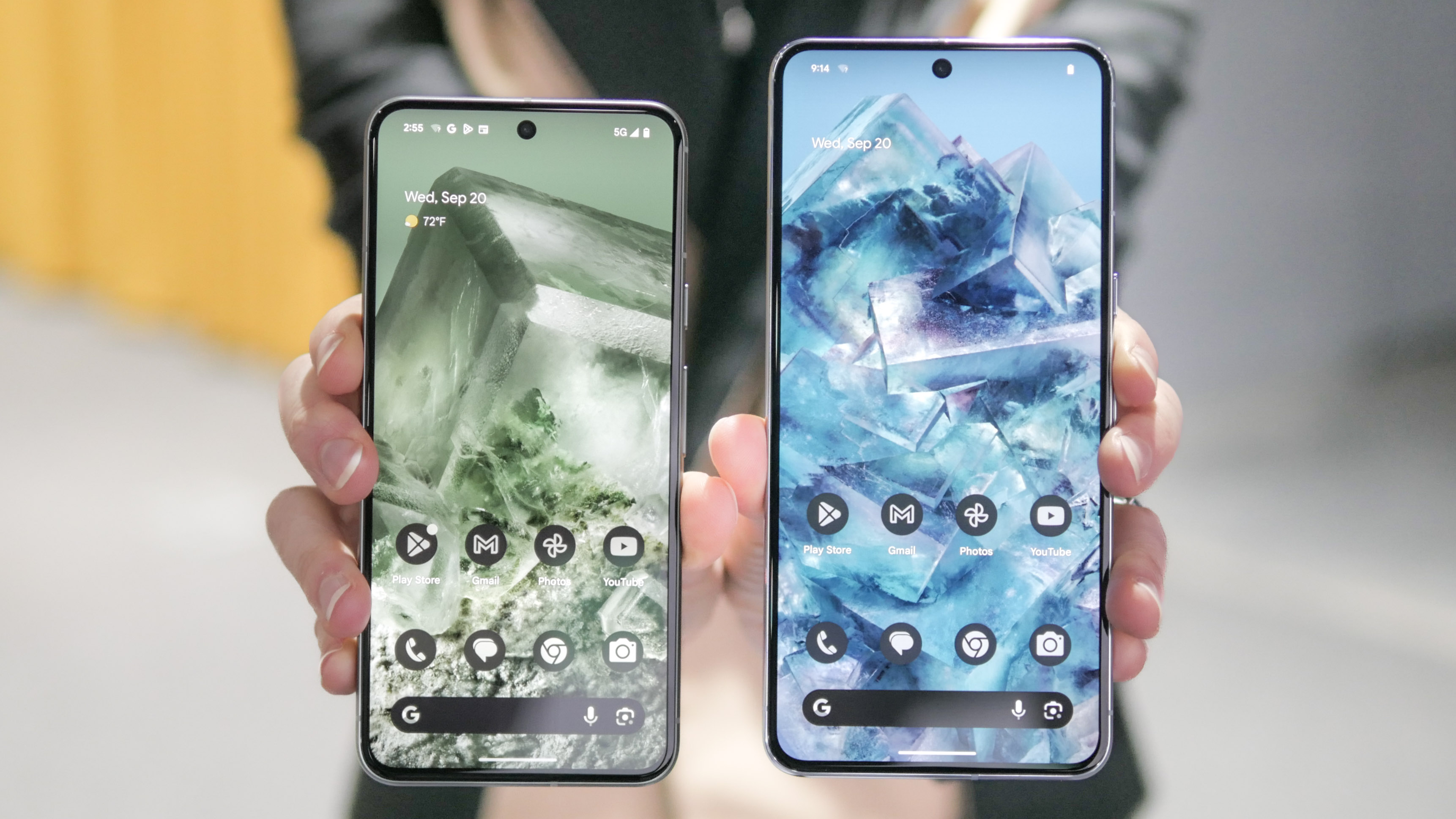
If you prefer bigger displays, you’ll naturally gravitate towards the Pixel 8 Pro because of its larger 6.7-inch Super Actua Display. This phone has an adaptive refresh rate, capable of switching between 1Hz and 120Hz on the fly.
Meanwhile, the Pixel 8 offers a 6.2-inch Actua display with a 120Hz refresh rate but more limited adaptive mode that can only go as low as 60Hz. While it’s not much of a separation, the higher display refresh rate of the Pixel 8 Pro would make it more appealing — especially for hardcore gamers.
There is more of a difference between the two Actua displays than refresh rate. Brightness is one of the major selling points of the new panel, With Google promising that the 8 Pro's Super Actua display will go as high as 2,500 nits compared to the Pixel 8's 2,000.
| Row 0 - Cell 0 | Google Pixel 8 | Google Pixel 8 Pro |
| Brughtness (HDR) | 1,349 nits | 1,526 nits |
| Color Gamut (DCI-P3) | 89.7% | 90.4% |
| Delta-E (Accuracy) | 0.26 | 0.23 |
In our testing, the Pixel 8 Pro maxed out at 1,526 nits and the Pixel 8 at 1,349 nits when displaying HDR content. This is a lot better than the Pixel 7 series.
Our testing also found that the Pixel 8 Pro produced slightly more of the DCI-P3 color space than the Pixel 8, with a score of 90.4% to the Pixel 8's 89.4%. Meanwhile, the Pixel 8 Pro's Delta-E accuracy came in with 0.23 vs the Pixel 8's 0.26 (lower is better). So it's not a huge difference, but it further proves that the Super Actua display is the stronger performer.
Finally, there's the resolution. The Pixel 8 Pro comes out on top with a more detailed 2,992 x 1,344 resolution, which is roughly analogous to QHD+. The Pixel 8 is closer to FHD+ with 2,220 x 1080 resolution.
Google Pixel 8 vs. Pixel 8 Pro: Cameras
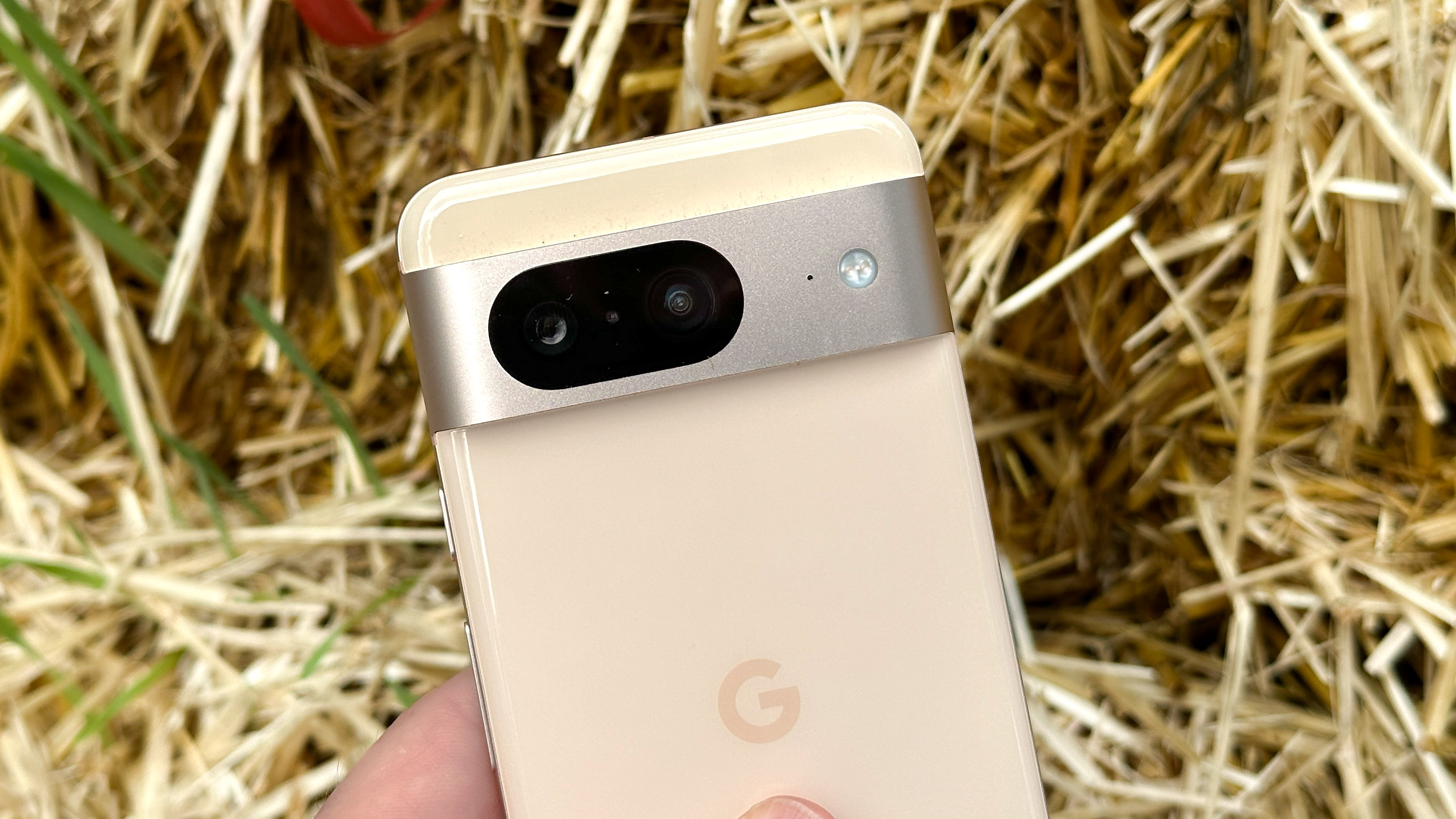
Casual shutterbugs should be satisfied with the Pixel 8, but there’s sufficient reason for power users to go with the Pixel 8 Pro. Both phones share the same 50MP main camera, but that's where the similarities end.
The 8 Pro comes with an upgraded 48MP ultrawide lens, plus the 48MP telephoto lens capable of 5x optical magnification. Both phones have a 10.5MP selfie camera as well, but the Pixel 8 has a static focus — while the Pixel 8 Pro's front lens finally adds autofocus.
Other Pro-exclusive features include the aptly-named Pro controls , which give seasoned photographers the chance to tweak various camera settings the way they want — not what the phone dictates. It's also able to shoot in RAW, and will be getting a Video Boost feature later this year that can optimize your clips in the cloud.
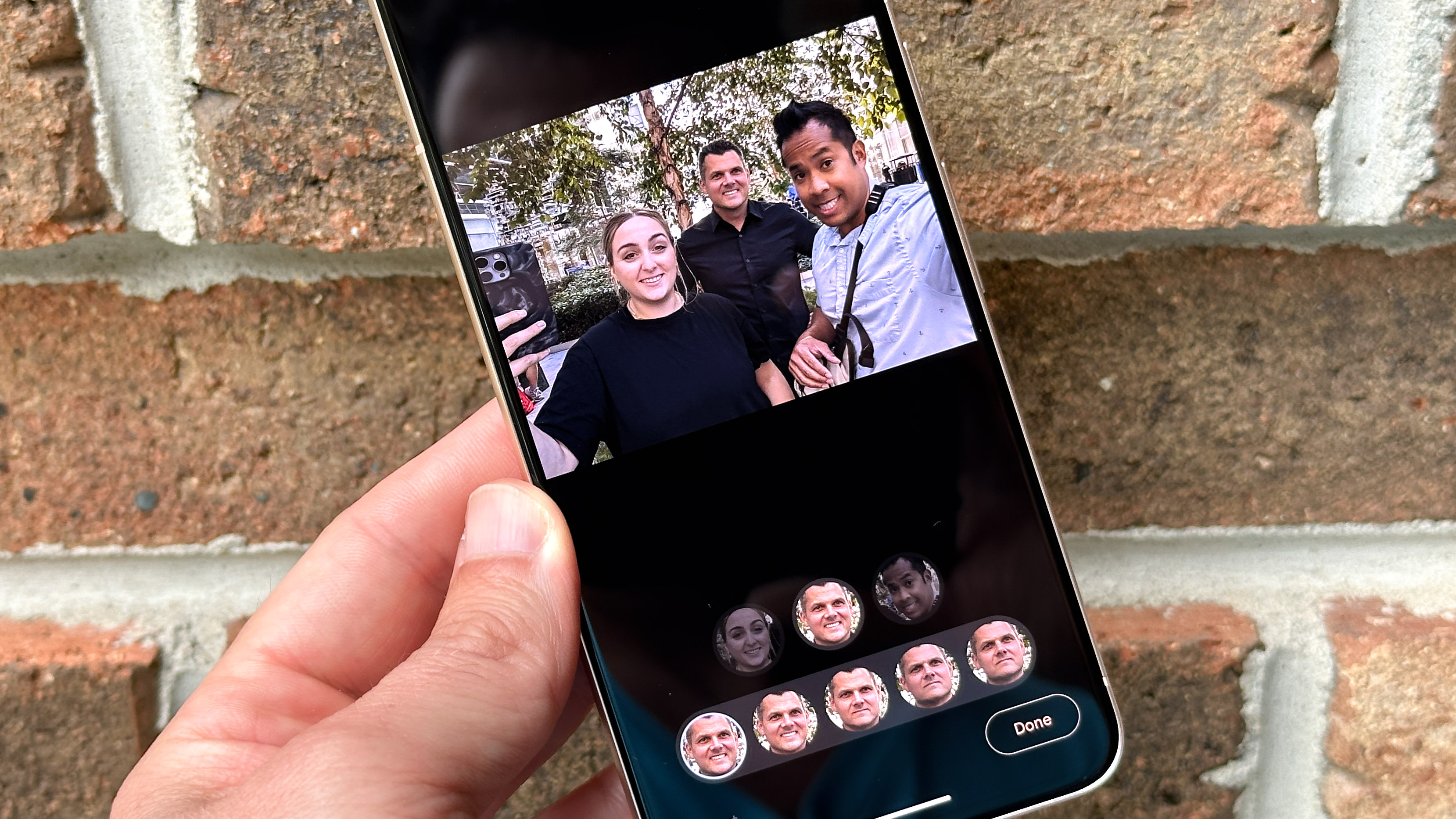
This feature lets you upload your video to Google servers to be enhanced, offering quality you couldn't get on your phone. This includes Video Night Sight, which is exclusive to this method of camera processing.
Both phones get the Tensor G3-enabled editing features, like Magic Editor and Audio Magic Eraser. So while the Pixel 8 Pro may offer flashier features, the Pixel 8 still shares the post-shot flexibility to use AI and tinker with the photos.
We haven't done a direct head-to-head with both cameras just yet. But we've been very impressed with the camera quality on both phones during our testing for the Pixel 8 review and Pixel 8 Pro review. It's just that the Pixel 8 Pro has the additional hardware to back up all the software enhancements.
Google Pixel 8 vs. Pixel 8 Pro: Performance
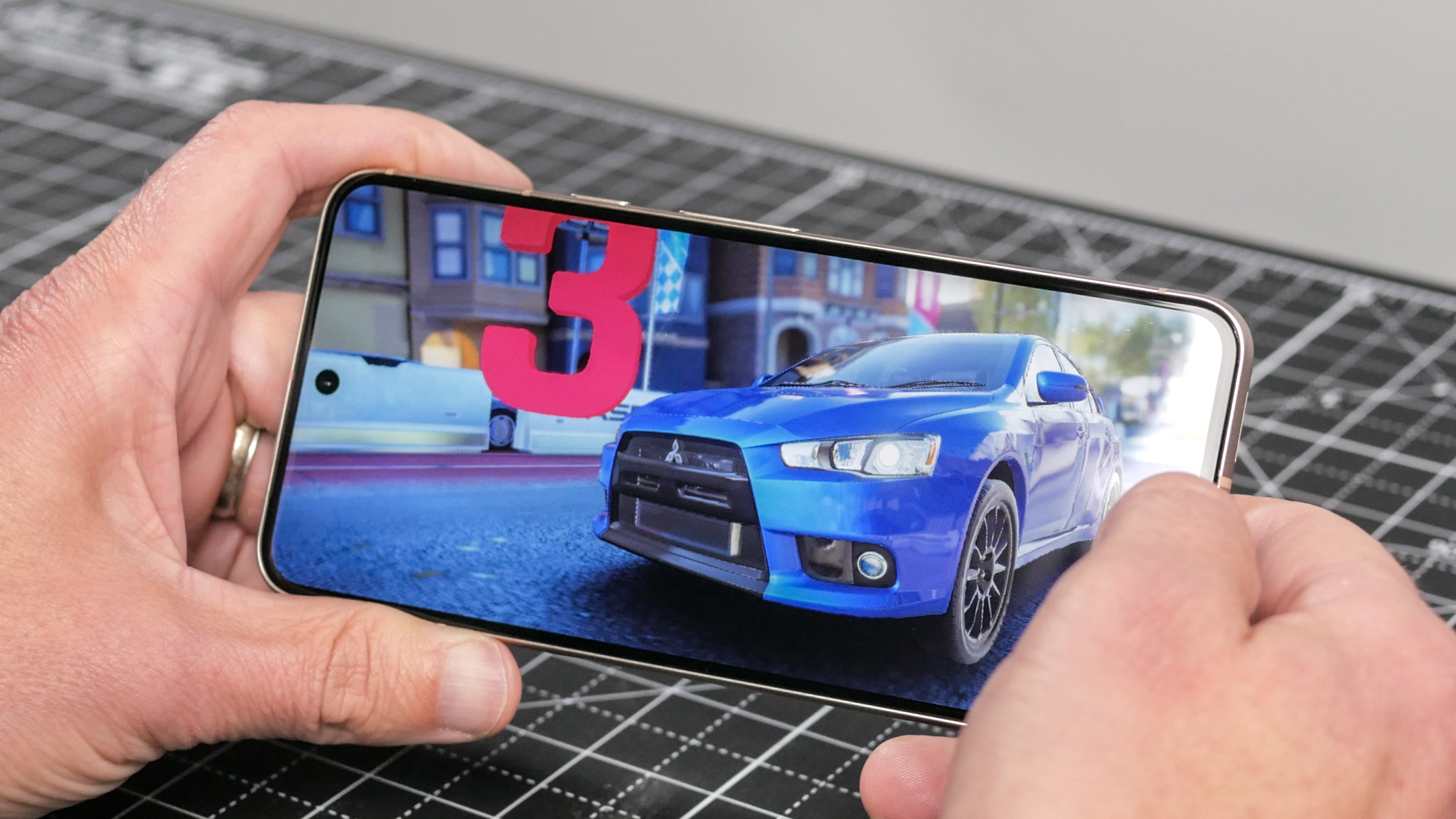
Both phones are powered by Google’s Tensor G3 chip — an upgrade over last year’s Tensor G2. Officially, both Pixel 8 models have the same chipset, and despite speculation to the contrary the benchmarking scores do come pretty close — though they aren't identical.
The Pixel 8 scored 1,569 on a single-core Geekbench test, and 3,744 on multi-core. Meanwhile, the Pixel 8 Pro proved superior in the former, with a single-core score of 1,699 but was slower on the multi-core test with 3,666.
3D Mark Wild Life Unlimited tests came out with the Pixel 8 Pro hitting 52fps and the Pixel 8 hitting 54fps. Again pretty close, and that trend continued with the Adobe Premiere Rush video editing test — with the 8 Pro finishing in 71 seconds and the Pixel 8 in 72 seconds.
| Row 0 - Cell 0 | Google Pixel 8 | Google Pixel 8 Pro |
| Geekbench | 1,569 / 3,744 | 1,699 / 3,666 |
| 3DMark Wild Life Unlimited | 54fps | 52fps |
| Adobe Premiere Rush (video editing) | 72 seconds | 71 seconds |
Both phones are slower than the Samsung Galaxy S23 and iPhone 15 in most tets. Performance is not the Tensor's strong suit, and when it comes to deciding between both 2023 Pixels it's clear that that this is not going to be a deciding factor.
Storage and RAM may play a part, however, since the Pixel 8 Pro has 12GB of memory to draw on compared to the Pixel 8's 8GB. Similarly, the Pro offers higher 512GB and 1TB storage configurations, in addition to the 128GB and 256GB options available with Pixel 8. If you don't like cloud storage, and are willing to pay to avoid it, the Pixel 8 Pro is the phone to pick.
Google Pixel 8 vs. Pixel 8 Pro: Battery life and charging
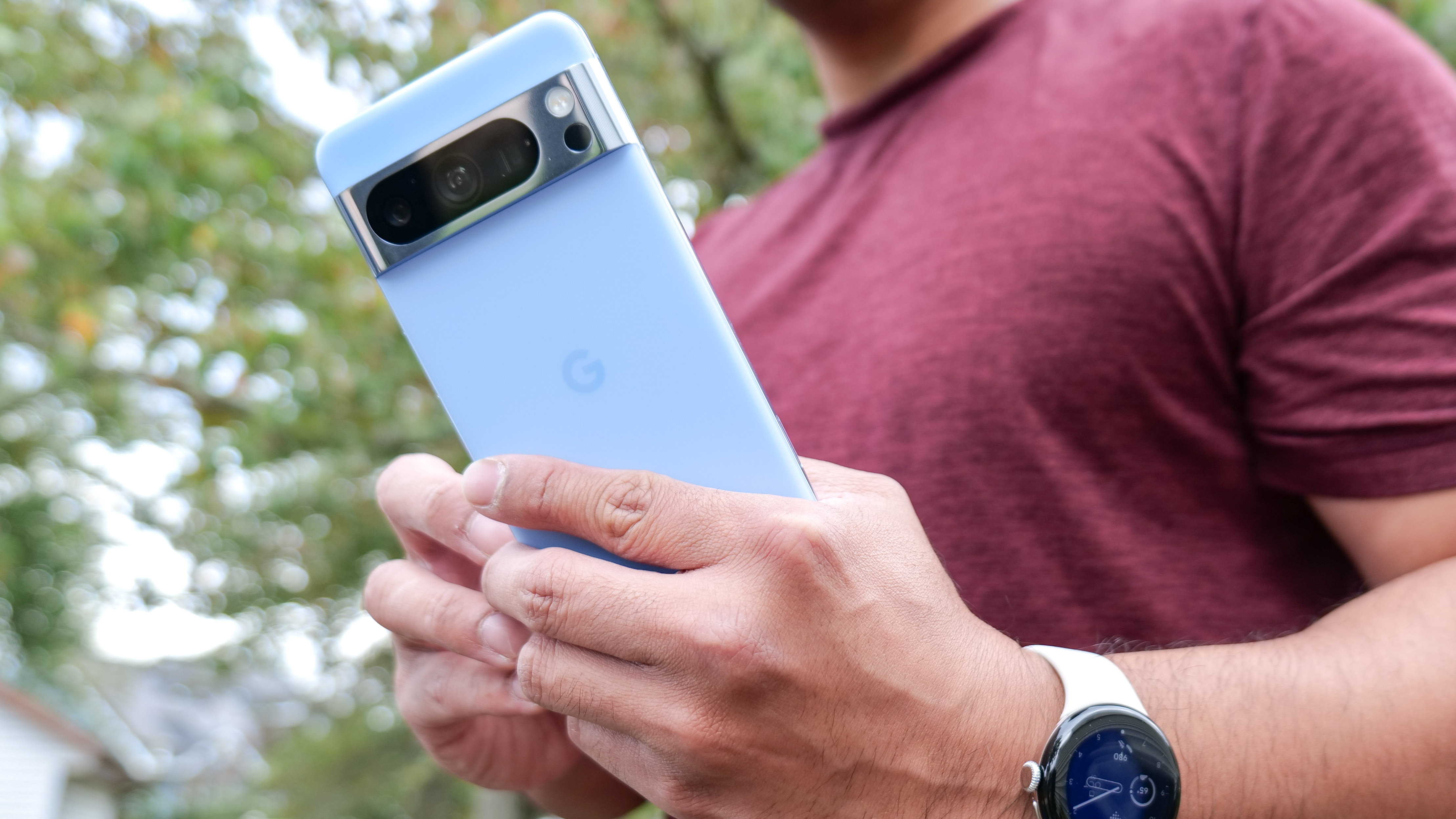
Google’s Pixel phones have never had the endurance to make it into our best phone battery life list — but the Pixel 8 battery life is definitely better for both models. .
Let's start with thespecs: the Pixel 8 gets a 4,575 mAh capacity battery, and the Pixel 8 Pro a 5,050 mAh one. Those are both a touch larger than their Pixel 7 or Pixel 7 Pro predecessors, which is a good start for improving the battery life.
Our battery life test involves surfing the web continuously over 5G with the screen brightness set to 150 nits. On average phones manage to last just shy of 10 hours, though anything that hits 11.5 hours or more makes it onto our best phone battery life list.
| Row 0 - Cell 0 | Google Pixel 8 | Google Pixel 8 Pro |
| Battery size | 4,575 mAh | 5,050 mAh |
| Battery life (hrs:mins) | 9:50 | 10:03 |
The Google Pixel 8 managed to last 9 hours and 50 minutes when the screen was set to 60Hz, while the Pixel 8 Pro got a score of 10 hours and 3 minutes. This isn't an enormous difference, but the Pixel 8 Pro does have the edge in the battery department.
The same is true for the charging specs, with Google promising the 8 Pro can hit 30W charging speeds with a compatible USB-PD charging brick. The Pixel 8 is limited to 27W speeds, but despite the difference Google claims that both phones will be able to reclaim 50% of its battery in 30 minutes.
Both phones offer the same 12W wireless charging speeds with a standard Qi wireless charger. If you have a Google Pixel Stand 2, Google's homemade wireless charging stand, the Pixel 8 Pro can hit 23W while the Pixel 8 is limited to 18W.
Google Pixel 8 vs. Pixel 8 Pro: Bottom line
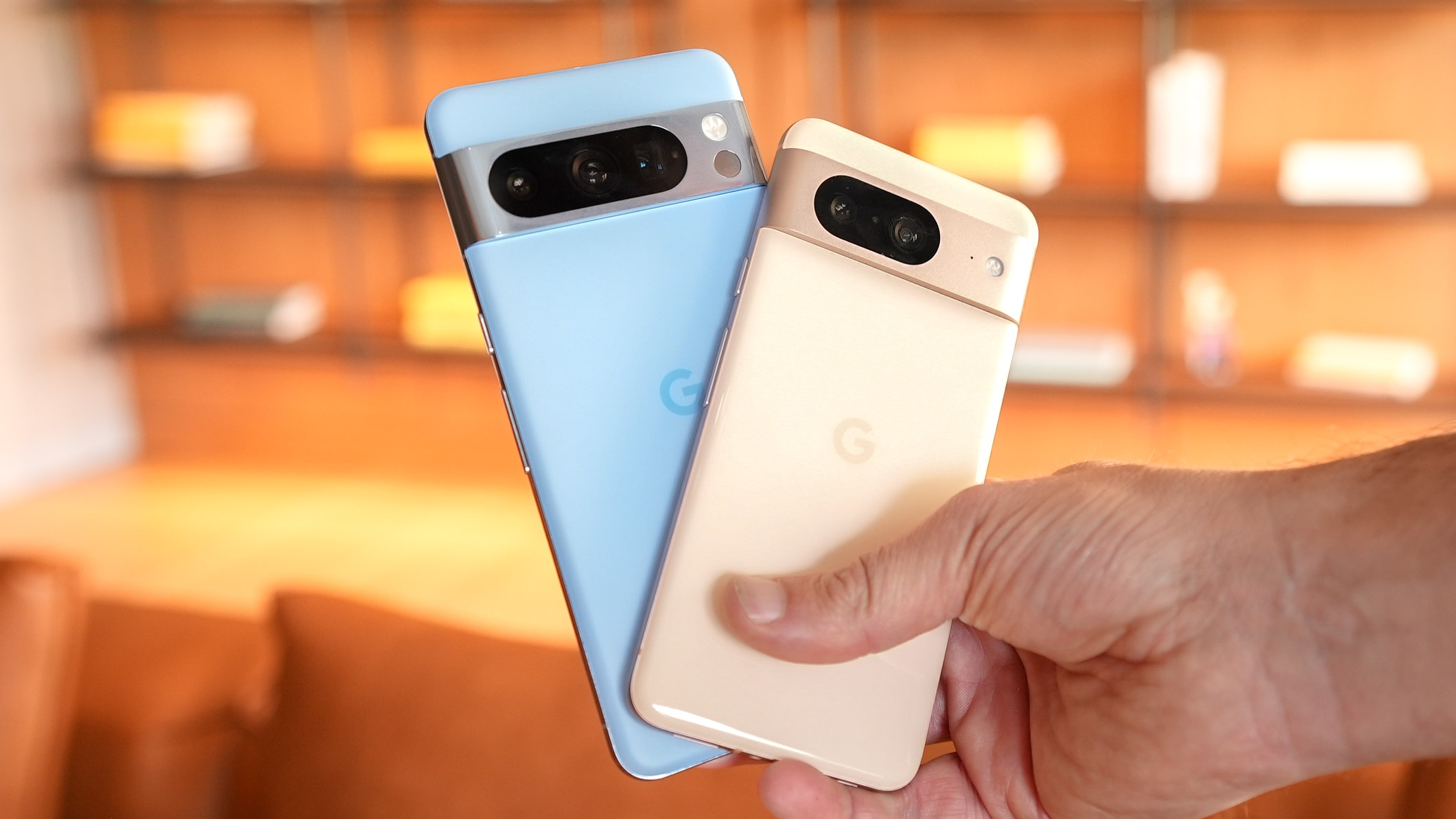
Now that you have a better idea of how the Pixel 8 and Pixel 8 Pro stack up against each other, choosing one will hinge on how much you’re willing to pay or if you find value in the exclusive features of the Pixel 8 Pro.
The $300 price gap between the two phones is going to be a deciding factor. It's up to you to decide whether the Pixel 8 Pro has what it takes to make spending that money worthwhile. And it pretty much comes down to both the additional camera features and larger display, since the battery life and performance are fairly evenly matched.
You might be paying a premium to get the Pixel 8 Pro, but it’s gaining a temperature sensor, 5x telephoto camera and some pro controls with its cameras, plus Video Boost for better looking videos. But the regular Pixel 8 is still a great value. Thankfully both phones have been given generous discounts since their release, especially when the Pixel 9 and 9 Pro XL have taken up the mantle at the top spot of Google's lineup.
More from Tom's Guide
- I just tested the Google Pixel 8 Pro and Pixel 7 Pro — this is the biggest upgrade
- Google Pixel 8 — 5 reasons to buy and 3 reasons to skip
- I just canceled my Google Pixel 8 Pro pre-order — here's why

John’s a senior editor covering phones for Tom’s Guide. He’s no stranger in this area having covered mobile phones and gadgets since 2008 when he started his career. On top of his editor duties, he’s a seasoned videographer being in front and behind the camera producing YouTube videos. Previously, he held editor roles with PhoneArena, Android Authority, Digital Trends, and SPY. Outside of tech, he enjoys producing mini documentaries and fun social clips for small businesses, enjoying the beach life at the Jersey Shore, and recently becoming a first time homeowner.
- Tom PritchardUK Phones Editor
 Club Benefits
Club Benefits





